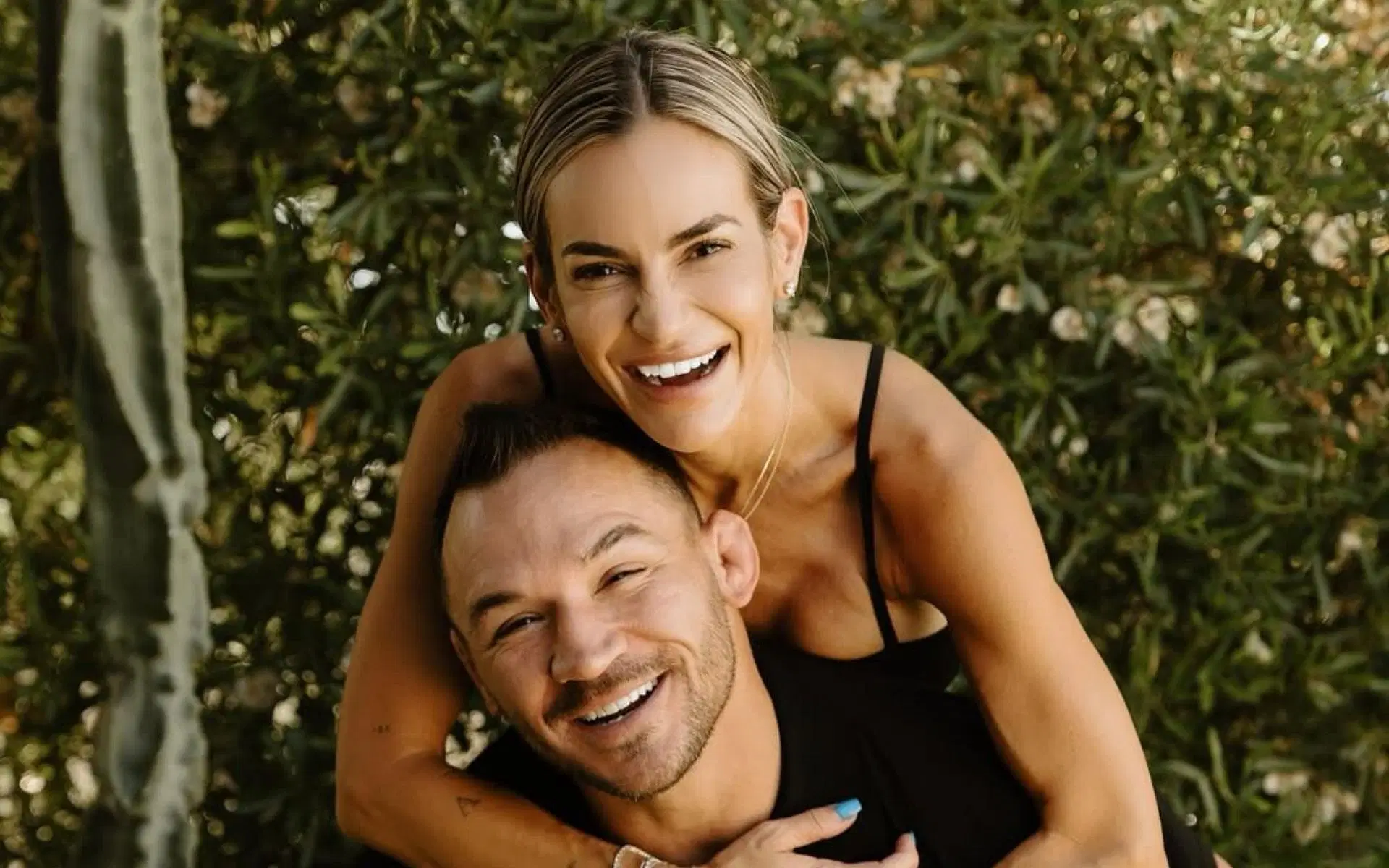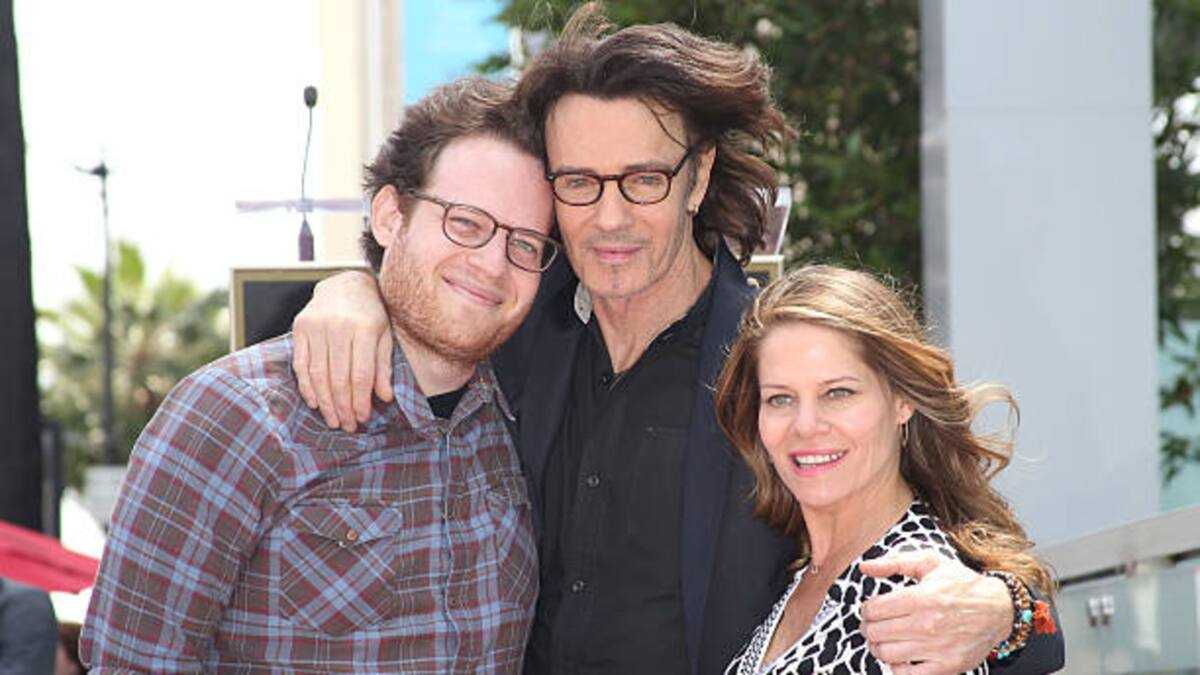Rob Thomas Net Worth in 2025: Career Earnings, Homes, and More

Rob Thomas is a name that resonates with fans of pop-rock, especially those who grew up in the late ‘90s and early 2000s. As the lead vocalist of Matchbox Twenty and the co-writer of the Grammy-winning hit “Smooth” with Santana, Thomas has enjoyed a long-standing presence in the music industry. His transition from frontman to solo artist and songwriter has been both strategic and profitable. By 2025, his net worth is estimated to be between ₹140–200 crore (approximately $17–25 million), thanks to his diverse revenue streams, including royalties, touring, real estate, and entrepreneurial efforts.
Let’s break down how Rob Thomas accumulated his wealth and how his income continues to grow even decades after his initial rise to fame.
How Have Music Royalties Powered His Wealth?
Royalties are the cornerstone of Rob Thomas’s income. His work with Matchbox Twenty and as a solo artist has generated massive sales and streaming numbers.
a. Matchbox Twenty’s Early Success
Their debut album, Yourself or Someone Like You, was a commercial juggernaut, selling millions of copies worldwide. Follow-up albums like Mad Season and More Than You Think You Are also enjoyed strong performance. Each album brought in consistent royalty payouts and licensing fees from radio, TV, and sync placements.
b. Solo Career Royalties
Thomas released several solo albums that charted well and were critically acclaimed. Albums like …Something to Be and Cradlesong contributed significantly to his earnings, especially through streaming and live performances of solo material.
c. The “Smooth” Phenomenon
The 1999 track “Smooth” with Carlos Santana became one of the most iconic rock/pop collaborations ever. Thomas not only sang on the track but co-wrote it, ensuring long-term royalties. The song continues to be used in commercials, playlists, and radio, keeping a steady stream of income flowing in.
Combined, his royalty income is estimated to bring in ₹20–25 crore annually.
How Lucrative Has Touring Been?
Rob Thomas has spent much of his career on the road, both with Matchbox Twenty and as a solo act. Touring is not only a platform to engage fans, but also one of his most significant revenue generators.
With Matchbox Twenty, arena and amphitheater tours across North America and Europe regularly sold out. As a solo performer, he played mid-sized venues and festivals, pulling in a loyal fan base willing to pay premium ticket prices.
Touring revenues include ticket sales, merchandise, VIP packages, and live-streaming rights. On average, Thomas earns ₹8–12 crore per tour cycle. During active years with both solo and group performances, that figure can reach even higher.
Why Are His Publishing Rights So Valuable?
In addition to performing, Rob Thomas is a prolific songwriter. What makes this especially lucrative is that songwriting credits often pay long after a song’s release. This is especially true for artists like Thomas, whose catalog remains in circulation on platforms like Spotify, Apple Music, and satellite radio.
He maintains a share of publishing rights for both his solo and Matchbox Twenty work. Songs like “3AM,” “Unwell,” “If You’re Gone,” and of course “Smooth” continue to deliver six-figure returns annually. He’s also written for artists like Mick Jagger, Daughtry, and Marc Anthony.
Publishing income is consistent and relatively passive, adding another ₹5–8 crore annually to his portfolio.
What Real Estate Does Rob Thomas Own?
Real estate has been a stable asset in Thomas’s net worth equation. He owns multiple properties in New York and Florida, and each serves different purposes—from primary residence to creative retreat.
a. Mount Kisco, New York
His main residence is a sprawling mansion in Mount Kisco. This estate includes studio space, guest quarters, and luxury amenities. Estimated value: ₹40–50 crore.
b. Florida Getaway
He also owns a vacation home in Florida used for writing and recording retreats. The property offers waterfront views and is valued at approximately ₹10–12 crore.
c. Investment Properties
He reportedly owns rental properties or commercial real estate tied to music production, which generate steady rental income.
Real estate contributes around ₹1.5–2 crore per year in rental or saved living costs, and his properties are expected to appreciate in value.
Does He Have Any Business Ventures?
Rob Thomas has expanded his interests beyond just music. While he isn’t known for flashy business moves, he does involve himself in low-key but impactful ventures.
He runs a charitable foundation that supports animal rescue and underprivileged communities. He also invests in independent music production and media projects. These initiatives don’t always yield direct profits, but they add to his long-term brand value and public goodwill.
Additionally, he’s dabbled in documentary production, digital content licensing, and even podcast appearances. These platforms offer future revenue potential through licensing and platform payouts.
How Does His Philanthropy Contribute to His Brand?
While philanthropy is not a direct income source, it plays a role in Thomas’s financial narrative. His Sidewalk Angels Foundation supports causes like animal welfare, mental health, and homelessness. These initiatives boost his image and attract brands looking for socially conscious ambassadors.
He also performs in charity concerts and benefit events, which keep him in the public eye even between album cycles.
This level of engagement helps maintain his relevance and, by extension, the value of his intellectual property.
What About Brand Endorsements?
Unlike some celebrities, Rob Thomas hasn’t over-commercialized his image. Still, he’s participated in select campaigns that align with his values—often music-related or philanthropic in nature.
Because of his clean, respected image and multi-generational appeal, he remains a viable option for endorsements in audio gear, lifestyle products, or even streaming platforms.
While endorsements are not a major slice of his income, they bring in an estimated ₹1–1.5 crore in peak years.
What Risks Does His Wealth Face?
While Thomas’s financial foundation is solid, there are risks. The music industry is evolving rapidly. Streaming platforms now pay far less per stream compared to the CD and download era.
In addition, over-reliance on legacy catalogs could be risky if listener preferences change or licensing deals dry up.
Market shifts in real estate and changes in performance royalties could also impact his passive income sources. However, his diversified income model and conservative lifestyle help minimize these risks.
What Is His Passive vs. Active Income Split?
Rob Thomas has successfully balanced passive and active income:
Passive
- Music royalties (old songs)
- Publishing rights
- Rental income
- Streaming residuals
Active
- Touring
- Album releases
- Media appearances
- Limited endorsements
About 60% of his income is passive, making him financially secure even during years with no major album or tour.
What’s His Current Net Worth?
As of 2025, Rob Thomas’s estimated net worth is between ₹140–200 crore (or $17–25 million). This figure includes:
- Royalty income
- Touring revenue
- Real estate holdings
- Publishing rights
- Investments and endorsements
His career longevity, careful investments, and stable lifestyle contribute to this steady net worth.
Conclusion
Rob Thomas has proven that a strong start in the music industry can be parlayed into long-term financial success—if handled wisely. From dominating charts with Matchbox Twenty to writing one of the biggest crossover hits in history, he has shown both creative talent and business acumen.
With ongoing royalties, real estate appreciation, and diversified income streams, Thomas is more than just a ‘90s rock icon—he’s a financially savvy entertainer whose empire continues to thrive.








